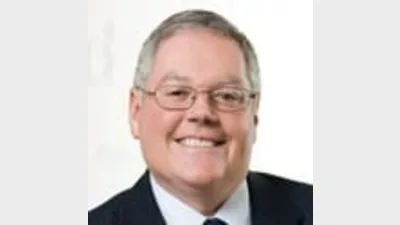Opt-in would magnify market dangers - Rantall



The market volatility of recent weeks has provided a prime reason why 'opt-in' represents bad policy with significant unintended consequences, according to Financial Planning Association (FPA) chief executive, Mark Rantall.
At the same time, Rantall has challenged claims by the Australian Securities and Investments Commission that a failure to implement opt-in might result in consumers paying for advice they don't receive because of asset based fees.
He said such claims by the regulator - contained in an answer to a Parliamentary question - were "nonsense".
The FPA chief executive made it clear that the close relationships which existed between planners and their clients were vital at times of market extremes, such as during the Global Financial Crisis and in recent days.
Rantall said it was the ongoing relationship between financial planners and their clients that enabled planners to act immediately in such circumstances and to provide advice and reassure clients, enabling them to make rational decisions.
"The proposed opt-in requirement could put at risk planners' ability to provide a critical response during crisis situations and market uncertainty," he said.
Rantall said clients should be given an annual opportunity to opt out of their relationship with their planner, but there were too many consequences associated with opt-in, including inadvertent exposure to investment risks such as superannuation contribution cap breaches and unmanaged investments.
Recommended for you
The central bank has released its decision on the official cash rate following its November monetary policy meeting.
Melbourne advice firm Hewison Private Wealth has marked four decades of service after making its start in 1985 as a “truly independent advice business” in a largely product-led market.
HLB Mann Judd Perth has announced its acquisition of a WA business advisory firm, growing its presence in the region, along with 10 appointments across the firm’s national network.
Unregistered managed investment scheme operator Chris Marco has been sentenced after being found guilty of 43 fraud charges, receiving the highest sentence imposed by an Australian court regarding an ASIC criminal investigation.











